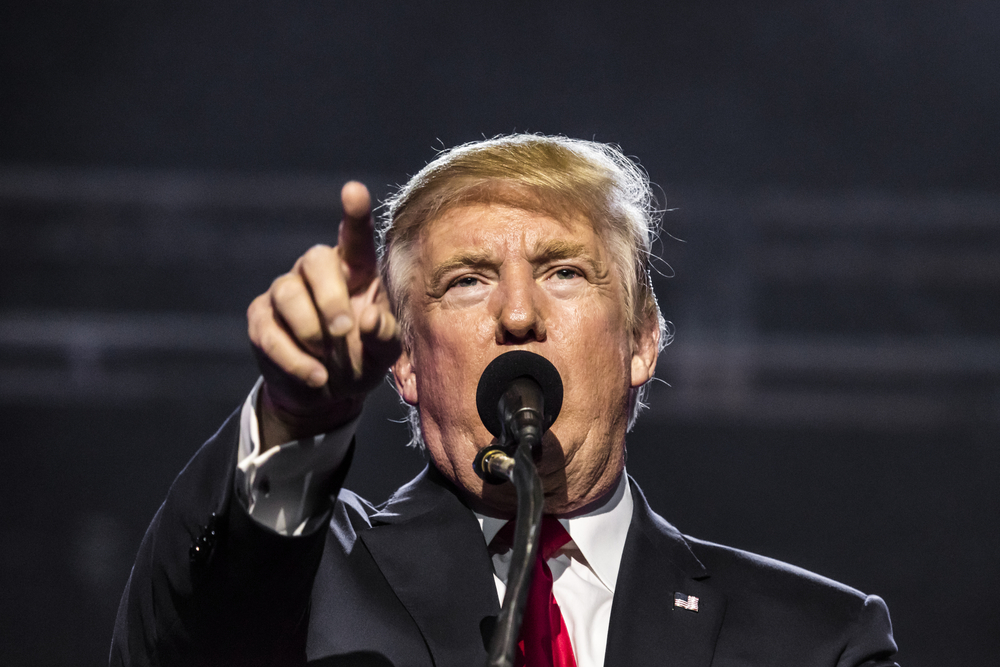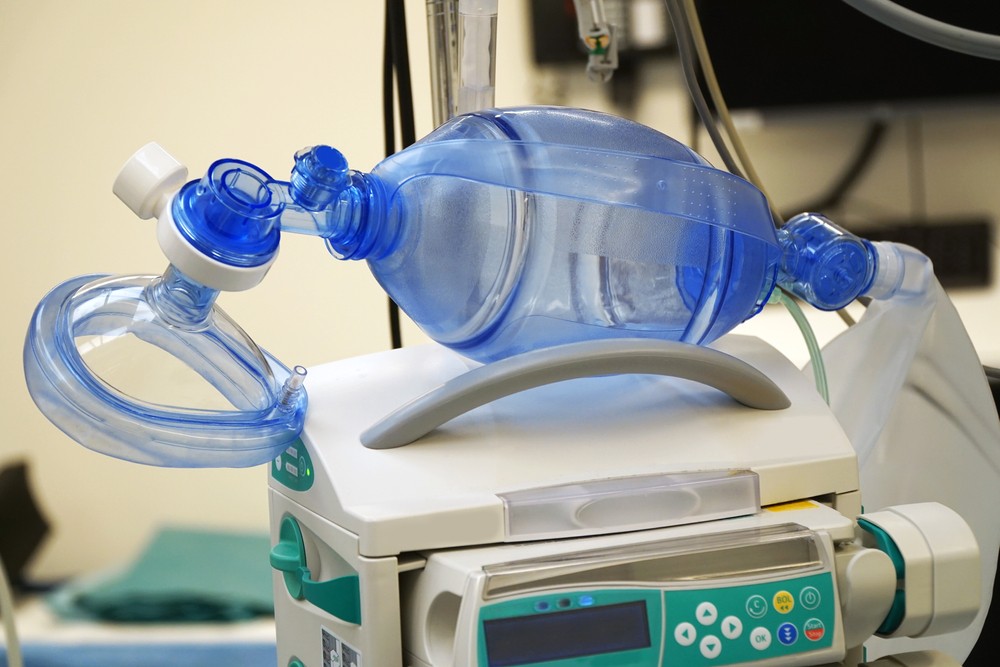President Trump Enacts the Defense Production Act

Extraordinary times call for extraordinary measures, particularly in the case of national security. In wartime, for example, the United States government has called on commercial producers to assist in the wartime effort. There’s no better historical example than the Defense Production Act (DPA), signed into law in 1950 at the start of the Korean War. It’s a shining example of an “all hands on deck” order that countless presidents have since reauthorized in times of great strife.
President Trump is the most recent leader to invoke the DPA and he has good reason. The COVID-19 pandemic threatens to overwhelm hospital infrastructure unless more durable medical equipment and personal protective equipment (PPE) are produced in short order.
An overview of the Defense Production Act
The Defense Production Act of 1950 is a civil defense measure that compels U.S. manufacturers to shift their production efforts to support supplies critical to national defense. The DPA has three integral parts:
- The President may require businesses to accept and prioritize production contracts.
- The President may authorize processes or protocols to expedite production.
- The President may exercise control over the economy to source essential materials.
The DPA revolves primarily around one chief goal: to produce essential items quickly and affordably. Several leaders have deployed the DPA over the past decades for various purposes — including wartime (the Cold War) and to push civil infrastructure development (telecommunications).
In the case of COVID-19, this means producing life-saving supplies such as ventilators and physician PPE.

Is there cause to invoke the DPA?
President Trump invoked the DPA on March 27, 2020, specifically to urge the production of ventilator equipment. Rather than a broad enactment, the President has compelled automaker General Motors to shift its production plans.
In a statement, President Trump cites the rapid spread of the pandemic as a cause for national defense. “Our fight against the virus is too urgent to allow the give-and-take of the contracting process to continue to run its normal course,” Trump said. “GM was wasting time. Today’s action will help ensure the quick production of ventilators that will save American lives.”
Use of the DPA comes at the behest of numerous political leaders on both sides of the aisle, most notably Speaker of the House Nancy Pelosi and New York Governor Andrew Cuomo. There are those who feel like this step may be bad for the manufacturing sector, however. The U.S. Chamber of Commerce advised against using the DPA, and a number of manufacturing CEOs have voiced unease at the readiness of the President to invoke executive action.
GM is the first, but unlikely the last, company that will face an abrupt reprioritization for its manufacturing efforts as the COVID-19 pandemic stretches on. For some manufacturers, it’s an opportunity to put people back to work, making essential supplies under a guaranteed government contract. For others, it’s sure to be a scramble to comply and a complete re-tool of carefully laid plans. Whatever the case, U.S. manufacturing plants will be hard at work sooner, rather than later.